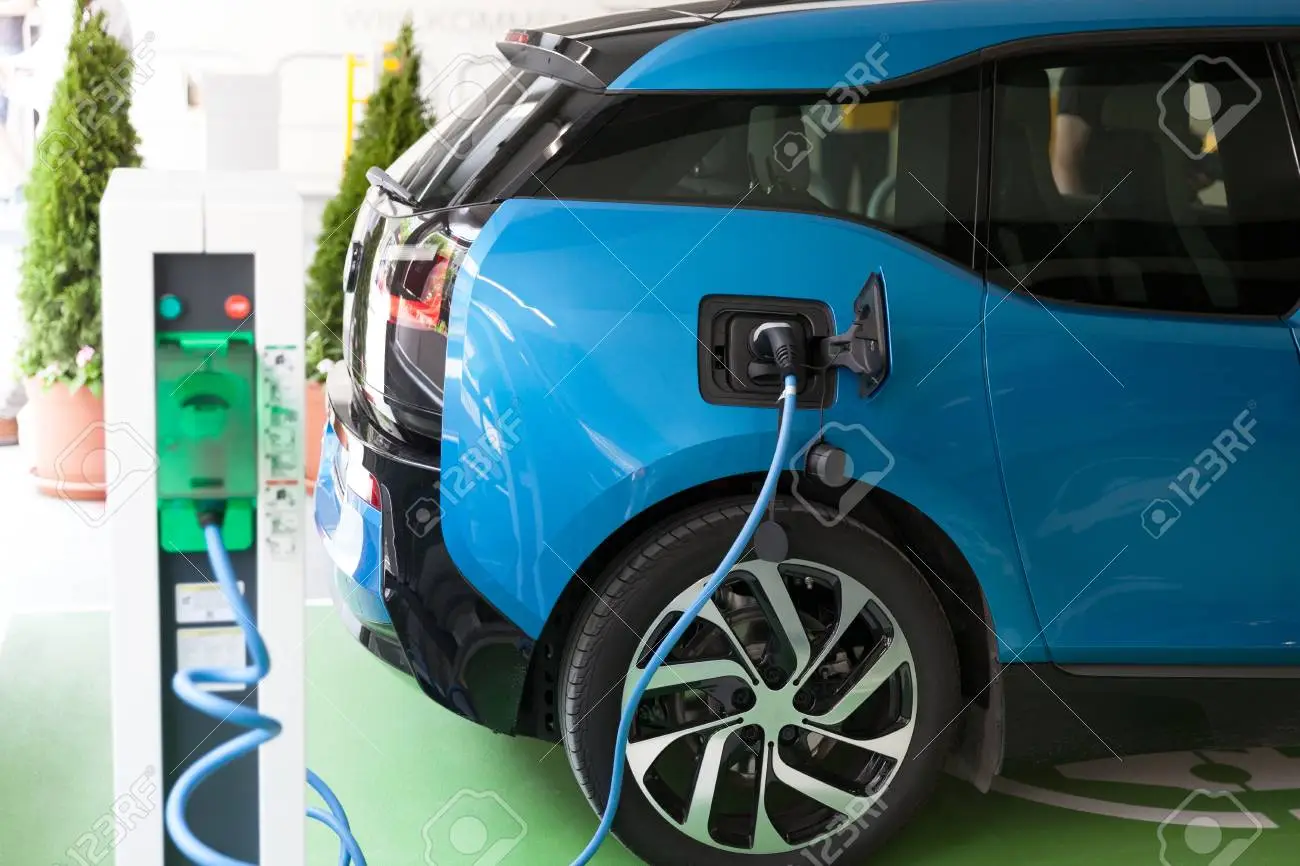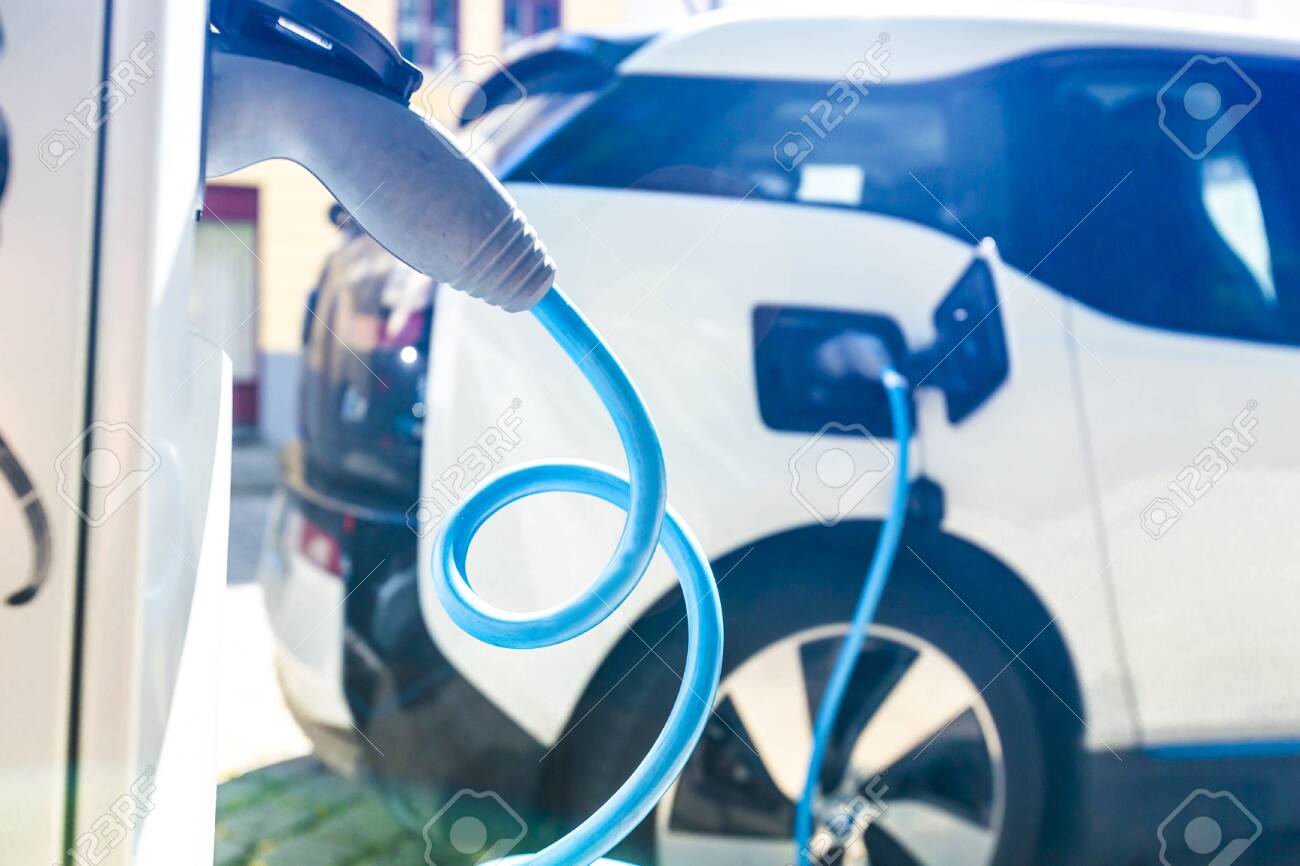Introduction
Electric vehicles are becoming increasingly popular as the world moves towards a more sustainable future. With their low emissions and cost-effectiveness, electric cars are becoming the preferred choice for many drivers. If you’re considering making the switch to an electric car, there are a few key facts you should know. This article will provide an overview of the growing popularity of electric cars and the main benefits and drawbacks of owning one.
An Overview of the Different Types of Electric Cars
Electric vehicles, or EVs, are becoming increasingly popular due to their environmental benefits and cost savings. There are many different types of electric cars on the market today, ranging from small city cars to large luxury vehicles. Each type of electric car offers its own advantages and disadvantages, so it’s important to consider all of the options before making a decision.
One of the most popular types of electric cars is the battery electric vehicle (BEV). This type of vehicle is powered entirely by electricity and does not use any gasoline. BEVs are typically more efficient than gasoline-powered cars and have a lower total cost of ownership. The downside is that they often have limited range and require frequent recharging.
Hybrid electric vehicles (HEV) are a combination of both electric and gasoline power. These vehicles have a battery that is recharged by the gasoline engine and can also be plugged in to recharge. This type of vehicle is often more efficient than a gasoline-powered car and is able to travel greater distances on a single charge.
Plug-in hybrid electric vehicles (PHEV) are similar to HEVs, but they are able to be plugged in to recharge. This type of vehicle has the advantages of both an electric and a gasoline-powered car and is able to travel greater distances on a single charge. The downside is that these vehicles are typically more expensive than other types of electric cars.
Finally, fuel-cell electric vehicles (FCEV) are powered by a combination of hydrogen and oxygen. These vehicles are highly efficient and produce zero emissions. However, they are also more expensive than other types of electric cars and require specialized infrastructure for refueling.
Overall, there are many different types of electric cars available today. It’s important to consider all of the options before making a decision and determine which type best fits your needs.
Understanding the Pros and Cons of Electric Cars
Electric vehicles (EVs) are becoming increasingly popular as an alternative to traditional gasoline-powered cars. While they offer a number of benefits, they also have some drawbacks. It’s important to understand both the pros and cons of electric cars before deciding if they are right for you.
The biggest advantage of electric cars is that they are much more efficient than their gasoline counterparts. EVs have fewer moving parts, meaning they require less maintenance and last longer. They also produce less air pollution, making them a more environmentally friendly option. Additionally, electric cars are often cheaper to run than traditional cars, as they use less fuel and require no oil changes or tune-ups.
On the downside, electric cars can be expensive to purchase. They also have a limited range, so you may need to plan your trips carefully. Additionally, EVs take longer to recharge than it takes to fill up a tank of gas, so you may need to factor in extra time for recharging.
Ultimately, the decision to purchase an electric car depends on your individual needs and preferences. If you’re looking for an efficient, eco-friendly vehicle, an EV may be the perfect choice. Alternatively, if you need a car for long-distance travel or require a lower initial cost, a traditional gasoline-powered car may be the better option.
The Cost of Owning an Electric Car: What to Expect
Owning an electric car is becoming increasingly popular as the technology and infrastructure to support them grows. Not only do electric cars offer drivers the convenience of being able to charge their vehicle at home, but they also provide a significantly lower cost of ownership over traditional gasoline or diesel-powered cars. In this blog, we’ll discuss the costs associated with owning an electric car so you can make an informed decision.
The main cost associated with owning an electric car is the initial purchase price. Electric cars are typically more expensive than gasoline or diesel-powered cars, but in the long run, they can save you money on fuel costs. Additionally, electric cars often come with government incentives, such as tax credits, that can lower the overall cost.
The next cost to consider is charging. Electric cars require a charging station, which can cost several hundred dollars. However, some car manufacturers offer free or discounted charging stations with the purchase of an electric car. Additionally, public charging stations are becoming more common and are usually free to use.
Maintenance costs are also lower for electric cars than for traditional vehicles. Electric cars have fewer moving parts, so they require less maintenance and repairs. Additionally, electric cars tend to be more efficient, so they require less frequent oil changes and other services.
Finally, consider the cost of electricity. Electric cars require electricity to charge, so your electricity bill may increase with the addition of an electric car. However, this cost is typically offset by the lower cost of fuel compared to gasoline or diesel.
All in all, electric cars can offer significant savings over traditional gasoline or diesel-powered vehicles. The initial cost may be higher, but the long-term savings in fuel and maintenance costs make electric cars a great option for drivers looking to lower their costs.
Tips for Shopping for an Electric Car
Electric vehicles (EVs) are becoming increasingly popular as people look for ways to reduce their carbon footprint. Shopping for an electric car can be a daunting task, especially if you’re new to EVs. To help make your search a little easier, here are some tips for shopping for an electric car.
1. Set a Budget: Before you start shopping, it’s important to set a budget. This will help narrow down your search and make it easier to find a car that fits your needs and your budget.
2. Research Different Models: Once you have a budget in mind, you can start researching different electric car models. Consider things like range, charging time, comfort, and features. Doing research can help you find the right car for your needs.
3. Consider Used Models: If you’re on a tight budget, consider buying a used electric car. Not only can you find great deals on used cars, but they are also more reliable than ever before.
4. Test Drive: Once you’ve narrowed down your search, it’s time to take the electric cars for a test drive. This will help you get a feel for the car and decide if it’s the right one for you.
5. Think Long-Term: When shopping for an electric car, it’s important to think long-term. Consider how the car will fit into your lifestyle and how long you plan to keep it.
By following these tips, you’ll be well on your way to finding the perfect electric car for you. Good luck!
Conclusion
The growing popularity of electric cars is undeniable, and the trend is only going to continue as more and more people are beginning to recognize the benefits of electric vehicles. They are cleaner, more efficient, and are becoming increasingly more affordable, making them an attractive option for those looking to reduce their carbon footprint and save money on fuel costs. Furthermore, with the development of new technologies, electric cars are becoming more powerful and reliable, making them a viable option for many. As governments around the world continue to promote the adoption of electric vehicles, it is likely that this trend will continue to grow. Ultimately, electric vehicles are becoming increasingly popular, and it is important for everyone to stay informed about the benefits and drawbacks of these cars.













